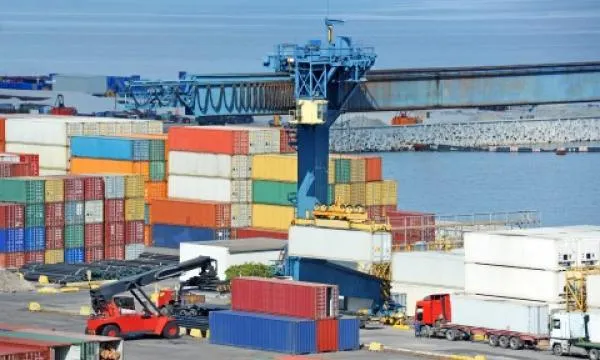
Air trade on Q2 projected to worsen
Air exports and imports record a downward trend due to decline in demand.
Overall air trade outlook of companies that focus on in- or out-bound air trading dropped to 23.7 in Q2 2020, according to DHL Hong Kong Air Trade Leading Index. This is 5.5 points lower than 29.2 in Q1 and the lowest reading since 2014.
Indices for both air (re-)exports and air imports also recorded a downward trend, reading at 23.3 and 24.3, respectively. The decline in exports is caused by the falling demand in most markets, particularly Mainland China, whilst the plunge in imports reflects a sharp decline in trade demand in Europe and Japan.
Meanwhile, shipment urgency has edged up by one point to 33 due to the gradual resumption of work in China despite sales volume index falling by 7 points to 20 and product variety index dropping by 3 points to 37.
In addition, 68% of the respondents also reported a loss in February whereas only 10% reflected a recorded profit.
Index of commodities also slid down, with food & beverage experiencing the biggest drop with 9 points to 27. The watches, clocks, and jewellery index also fell 5 points to 19. Electronic products & parts index and gifts, toys and houseware index also dropped by 6 points and 7 points, respectively, to 24 and 18. Apparel & clothing accessories index also dropped 1 point to 27 points.
Air trade indices have shown a decline across all markets, except in America where it increased by 3 points to 29, as the impact of the COVID-19 outbreak on the region was yet to be reflected. The Asia Pacific index dropped 8 points to 23, whilst the Europe index dropped 10 points to 21. Meanwhile, the rest of the world index inched up by 1 point to 15.
Recent market news also affected the air trade outlook, with 26% of respondents expressing higher confidence towards the positive trade relationship after the signing of the China-US trade deal. Meanwhile, 19% of respondents envisaged a high amount of urgent order after China’s gradual work resumption.
The report added that 60% of respondents foresee a softening demand in air trade during the traditional peak before the Labour Day holiday, whilst only 10% of respondents are expecting growth.








![Cross Domain [Manu + SBR + ABF + ABR + FMCG + HBR + ]](https://cmg-qa.s3.ap-southeast-1.amazonaws.com/s3fs-public/styles/exclusive_featured_article/public/2025-01/earth-3537401_1920_4.jpg.webp?itok=WaRpTJwE)









 Advertise
Advertise


